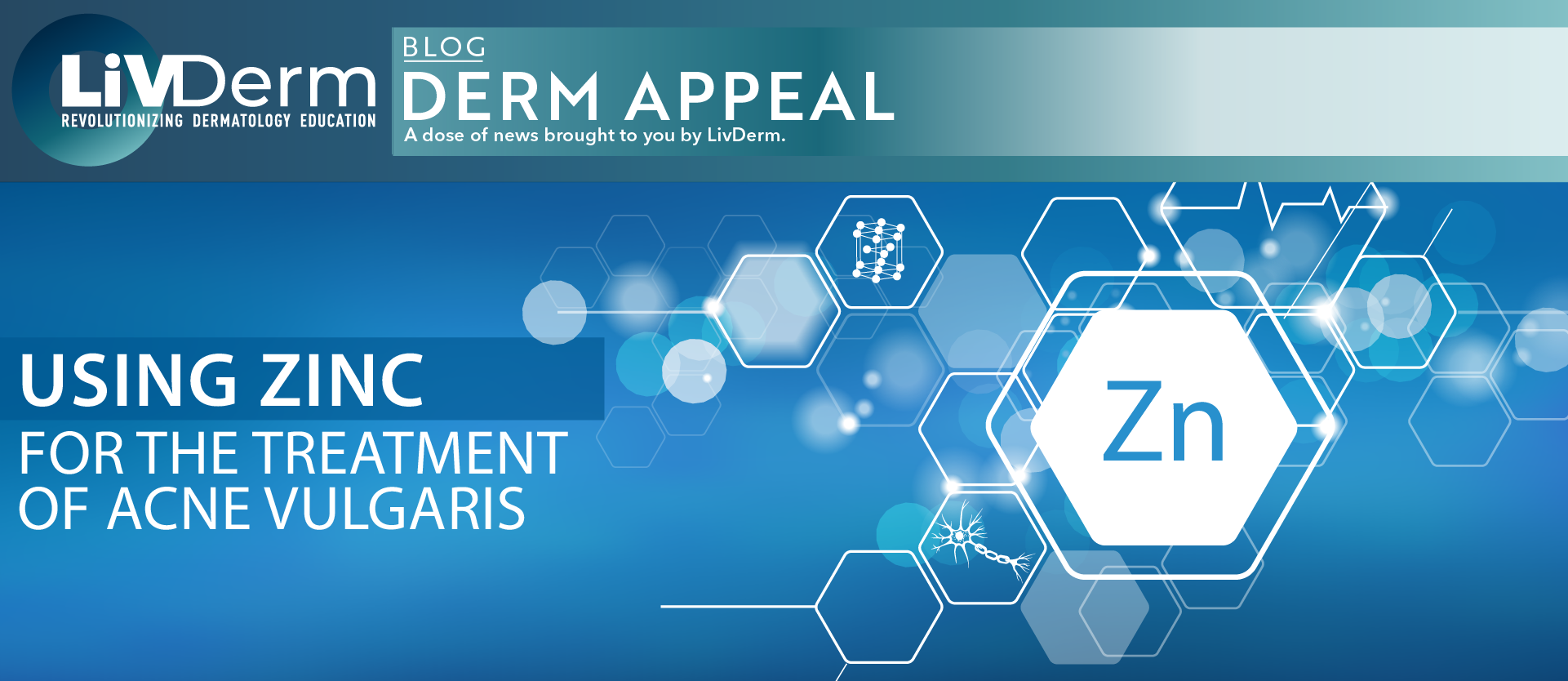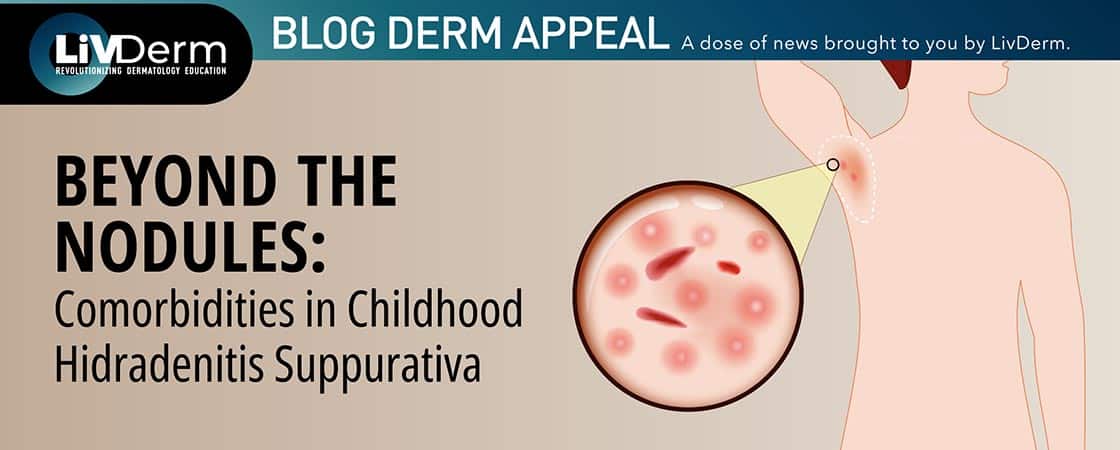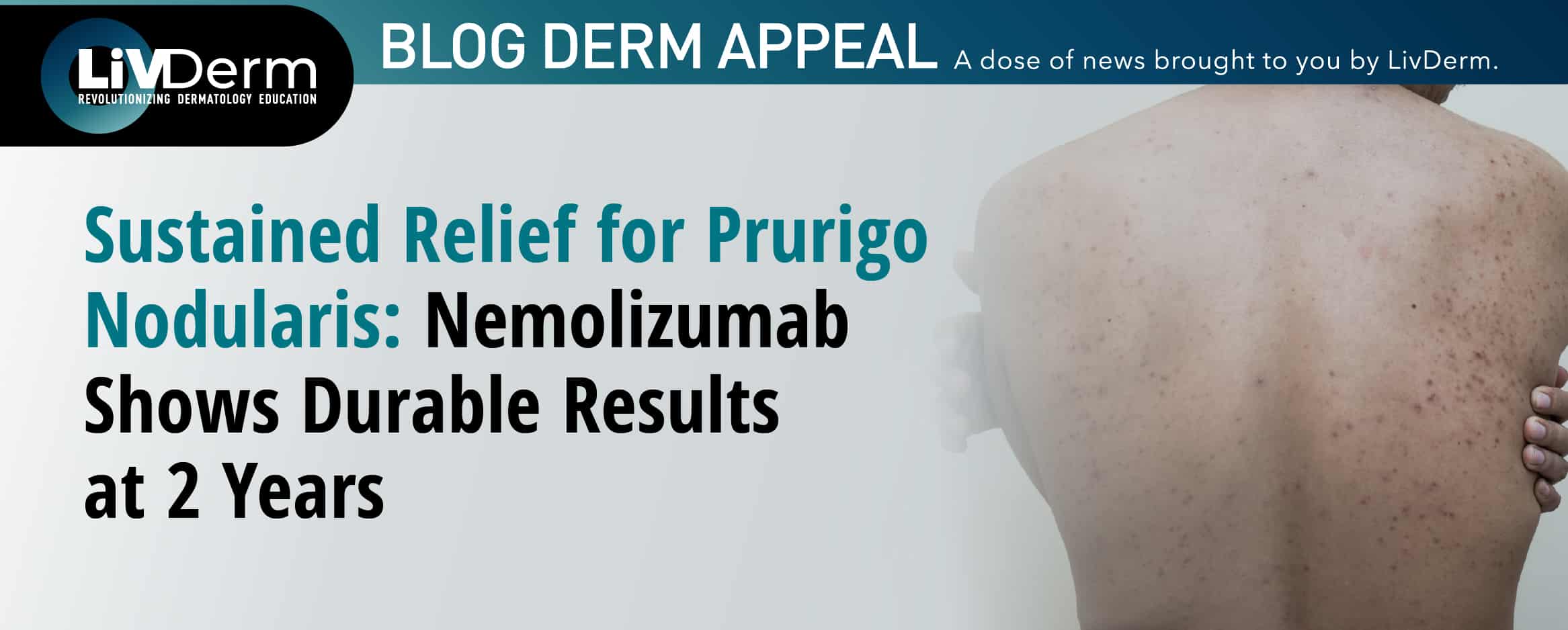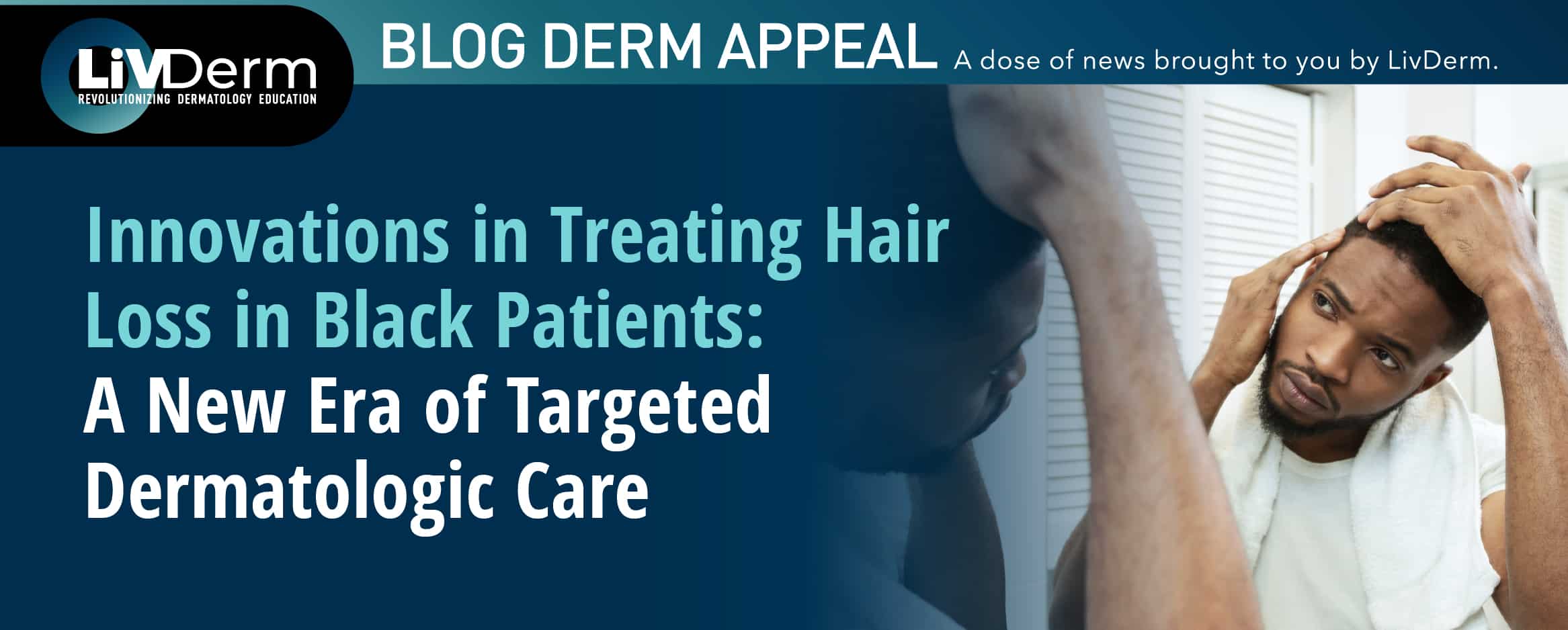As an essential nutrient, zinc supports the immune system while reducing inflammatory cytokine activity making it a potential therapeutic method for many dermatologic conditions although, it has been most widely studied in the treatment of acne vulgaris. Prior studies have reported that zinc can decrease oil production, protect against bacterial infection, and decrease cutaneous inflammation, revealing its promise as an alternative adjunct therapy. Experts believe that the anti-inflammatory properties of the element may play a role in acne pathogenesis as studies have reported that patients with acne tend to have lower serum levels of zinc when compared with patients without acne.
Although there is currently a lack of definitive evidence for their efficacy, topical and/or systemic zinc supplements may be associated with a significant reduction of inflammatory papules, per data published in Dermatologic Therapy. The emerging meta-analysis aims to more conclusively determine whether mean serum zinc levels differ between acne patients and control patients as well as to assess the efficacy of zinc preparations in the treatment of this condition.
Serum Levels and Treatment Efficacy
A team of researchers conducted a systematic review and meta-analysis according to the recommended Preferred Reporting Items for Systemic Reviews and Meta-Analyses (PRISMA) guidelines. They evaluated a large number of randomized controlled trials and observational cohort studies that had previously examined serum zinc levels and/or the clinical effect of topical/systemic zinc therapy in patients with acne vulgaris.
The primary outcome was the efficacy of zinc therapy on acne symptoms with the mean inflammatory papule measure used as a surrogate for this outcome. The analysis included 25 studies of which 12 were randomized controlled trials and 13 were prospective observational studies, for a total of 2,445 participants. Patients ranged in age from teenage years to late 20s with the majority being male.
Benefits of Zinc
The study’s authors reported a clear connection between zinc and acne measures in participants. In 12 studies with 690 acne patients and 594 control patients, the mean serum zinc level was 96.3 μg/dl in participants with acne and 102.4 μg/dl in healthy control patients.
In 7 studies with 374 patients assigned to zinc and 371 patients assigned to a comparator, the standard mean difference in the number of acne papules was significant after treatment and favored zinc over placebo. Additionally, similar results were observed in the subgroup analyses of zinc compared with placebo as well as zinc compared with active interventions.
In 4 studies with 136 participants assigned to zinc and 130 participants assigned to the control group, the standard mean difference in the number of acne pustules was significantly different after treatment and again favored zinc. Similarly, subgroup analyses reported the standard mean difference in the number of acne pustules was significantly different in patients treated with topical zinc versus placebo in 2 studies, however, it was not different in 2 studies of oral zinc as opposed to placebo.
No differences were observed between the use of zinc supplements versus placebo in terms of the incidence of adverse events.
Despite limitations, including the exclusion of non-English based literature as well as the inclusion of a mostly male cohort, the latest study highlights the important role of zinc used as a monotherapy or as an adjunctive treatment for acne vulgaris and in particular, for the reduction of inflammatory papules. Although, further study is needed to “determine the optimal goal for serum zinc level, duration and formulation of zinc therapy,” the researchers wrote underscoring the need to examine the efficacy of zinc versus “other topical and systemic treatments for acne vulgaris.”

















